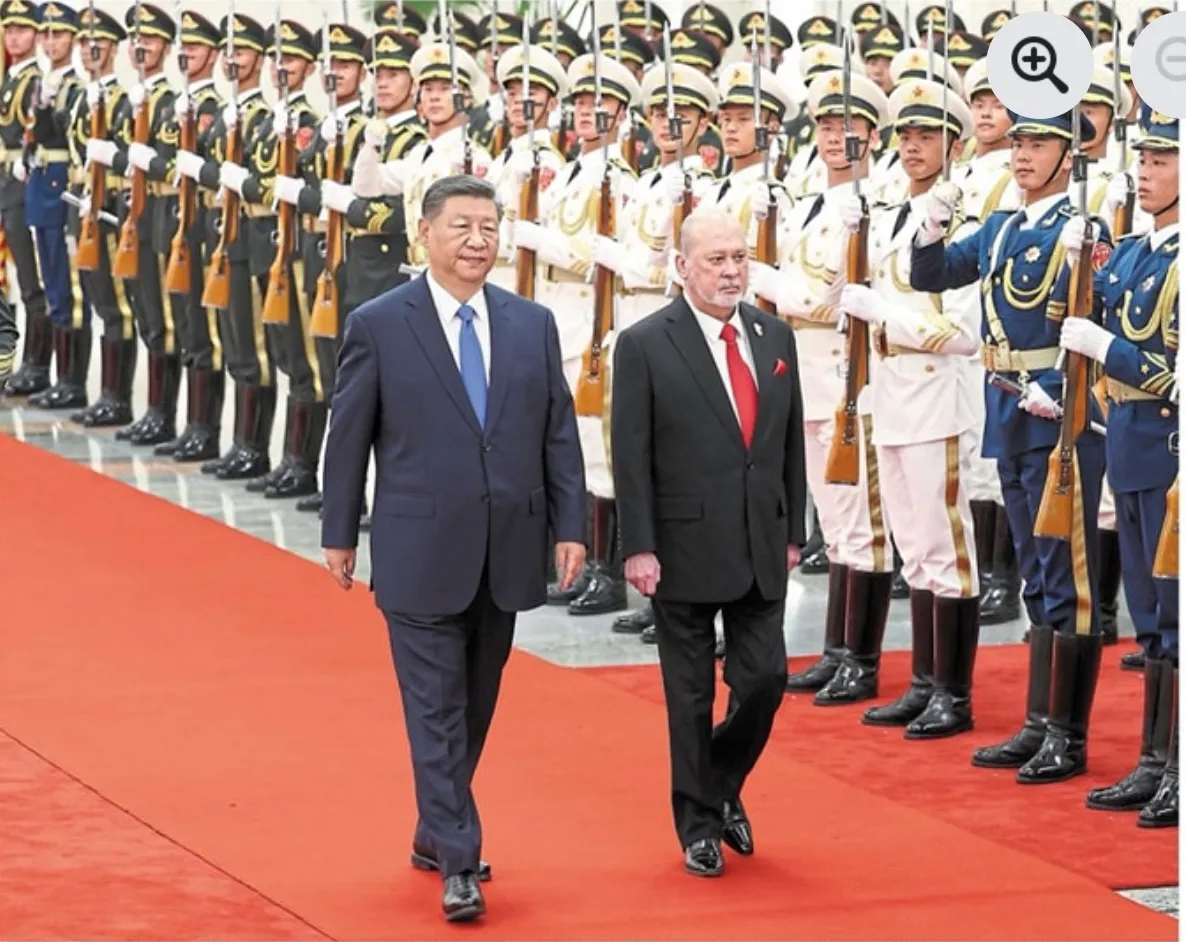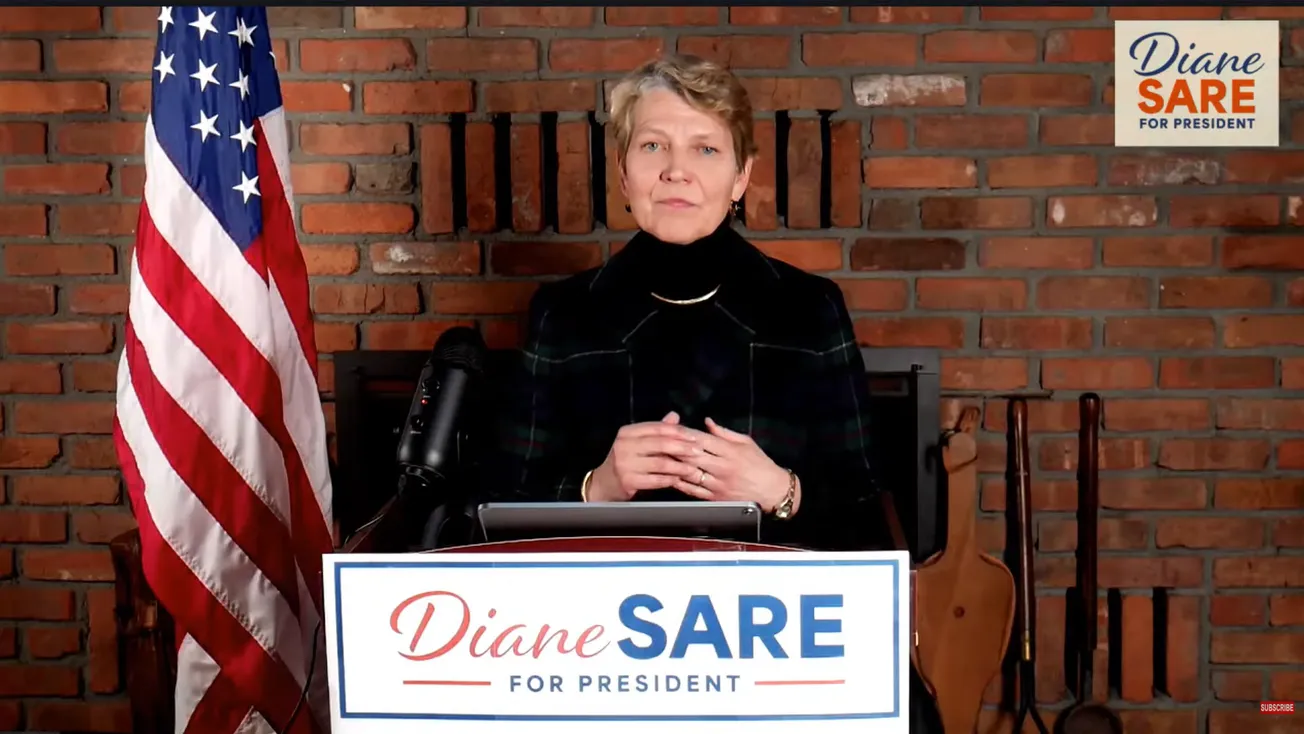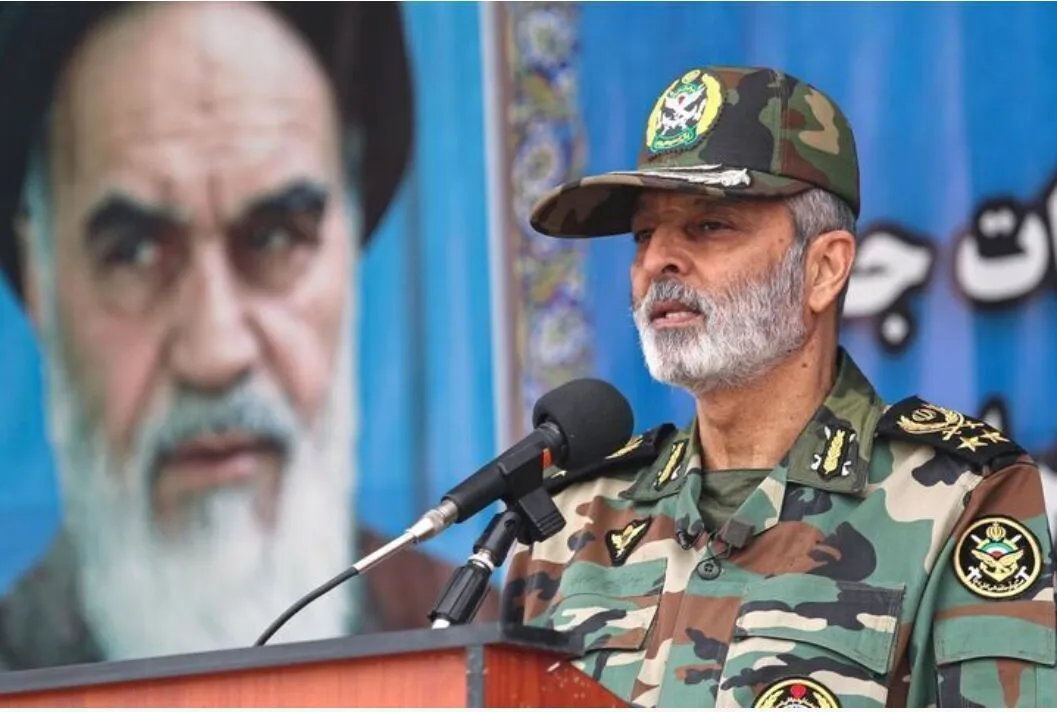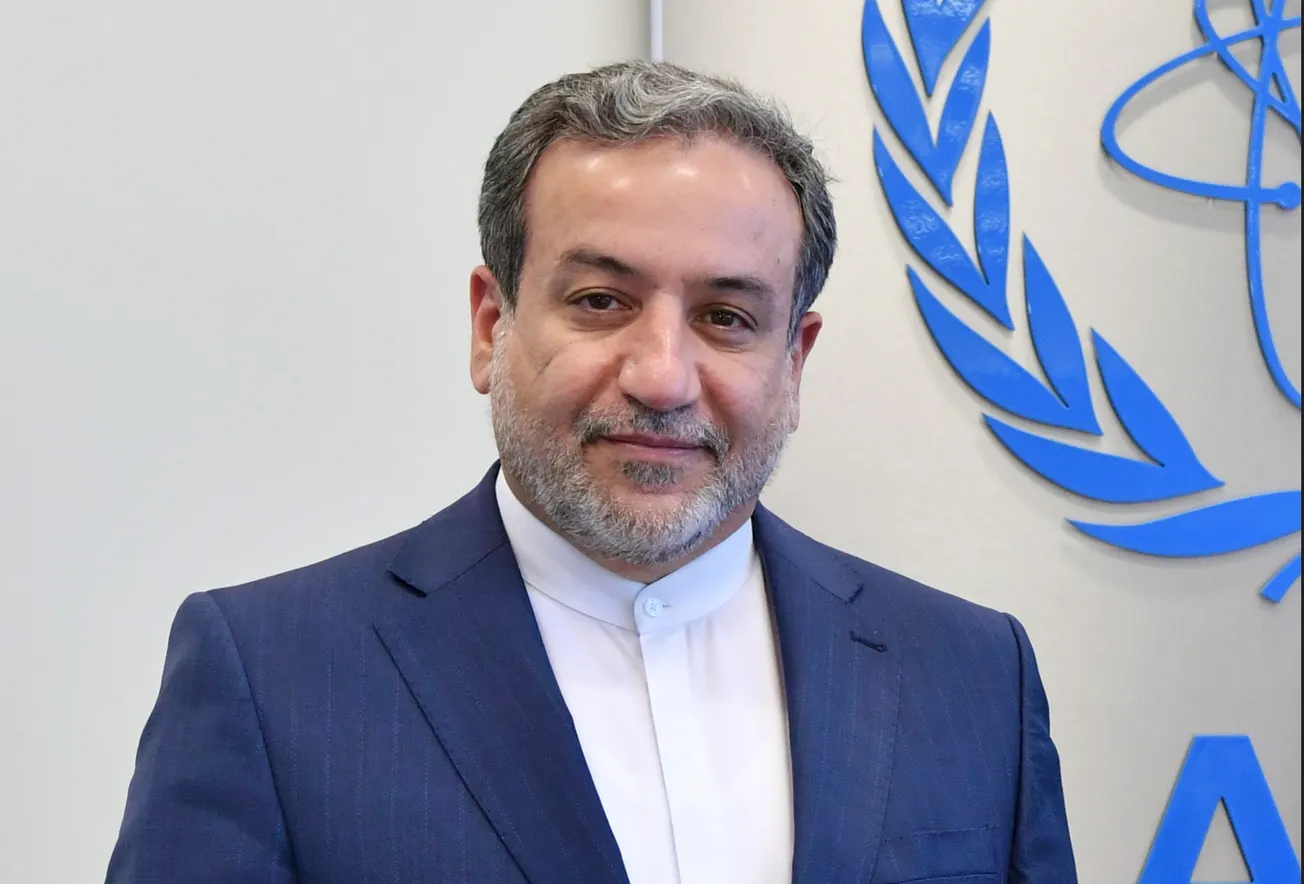Chinese President Xi Jinping received a warm welcome in Malaysia when he arrived on Tuesday, April 15, after completing a quite successful April 14-15 state visit to Vietnam. From Malaysia, he will head to Cambodia, before returning home at the end of the week. Chinese officials highlight the significance of Xi choosing neighbors in Southeast Asia for his first trip outside of China in 2025. Deepening cooperation between these neighbors has become an even more urgent matter, in the wake of President Trump’s global tariff barrage.
Xi met with Vietnam’s four top leaders over the course of his visit. The joint statement issued by the two heads of states starts from the premise that “Vietnam and China are geographically adjacent, culturally close, and have close people-to-people ties, similar regimes, and interrelated destinies. They are good neighbors, good friends, good comrades, and good partners,” that have agreed to deepen their comprehensive strategic partnership, bilaterally, in the Mekong region, and globally.
Vietnam’s participation in the BRICS was on the agenda. “Việt Nam highly values the important role of the BRICS in promoting solidarity and cooperation among emerging economies, and is ready for discussion about becoming a partner country of BRICS,” the statement declares. Vietnam was invited to be a BRICS Partner nation at the 2024 BRICS Summit in Kazan, Russia, but it has yet to accept the invitation. The above wording is still ambiguous, but Vietnam—which saw a 46% tariff slapped on its exports to its main export market, the U.S., before Trump’s 90-day pause last week—is clearly keeping the option open.
General Secretary of the Communist Party Vietnam (CPV) Tô Lâm wrote the day before Xi Jinping arrived, that Vietnam wished to boost cooperation with China on defense, security and infrastructure, especially rail links, Reuters reported. Meanwhile, Vietnam News reported that among the 45 cooperation agreements signed during the visit were “four key documents aimed at accelerating the preparation and implementation of transnational railway projects.”
U.S. tariffs were discussed. Xi Jinping wrote in his signed article, “Building on Past Achievements and Making New Advances In Pursuit of Shared Goals,” for Vietnam’s Nhan Dan Newspaper on April 14, that “trade war and tariff war will produce no winner, and protectionism will lead nowhere,” and proposed China and Vietnam “strengthen cooperation in production and supply chains.”
President Trump seems not to recognize that other countries will not just bow down to threats, but will take measures to defend themselves. Speaking of Xi’s visit to Hanoi on April 14, Trump commented that while he did not hold either Vietnam or China responsible, they were “meeting like, trying to figure out: ‘How do we screw the United States of America?’” Within hours of Xi’s leaving Vietnam, the State Department announced that Senior Bureau Official for East Asian and Pacific Affairs Sean O’Neill would be arriving in Hanoi the next day (April 16), “to meet with senior Vietnamese government officials to reiterate the shared interests that form a basis for our Comprehensive Strategic Partnership,” highlight milestones achieved since diplomatic relations were established 30 years ago, “discuss opportunities to advance the security and prosperity of the American and Vietnamese people”—and negotiate tariffs.






